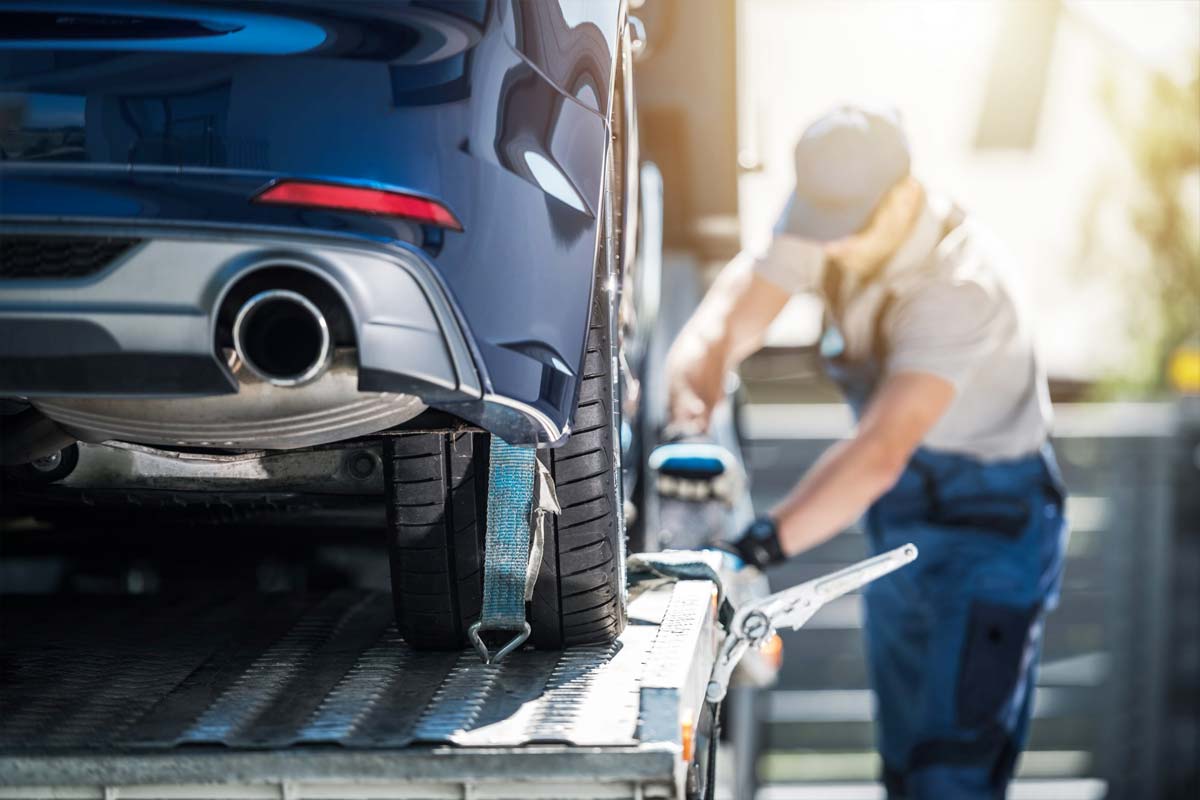When you are facing financial difficulties, you may not always have the funds to pay your debts. These debts can quickly become overwhelming and may spur you to consider filing for bankruptcy so that you can get a fresh start. However, some property is subject to repossession when you cannot pay for certain debts. Here’s what you should know about repossession and how it works with bankruptcy.
Understanding the Repossession Process
Repossession is a potential remedy that a creditor has against you when you fail to make payments on a specific type of loan. A creditor is an entity that loans you money, such as a bank, credit union, or loan company. In a purchase money loan, the property that you are purchasing acts as collateral for the loan. As a result, if you default on the loan by not making payments, the creditor can repossess or take the property from you.
The most common example of a purchase money or secured loan is a car loan. You borrow money to buy the car, and you can use the car while making monthly payments on the loan. If you stop making payments on the loan, however, or even if you are just late on making the payment, the creditor has the right to repossess the vehicle from any public place, such as the street in front of your house or even your driveway. The creditor does not even need to give you advance notice that it will repossess the vehicle. However, the creditor or its repossession agent cannot break into your home or garage to repossess the vehicle.
Once the creditor repossesses the vehicle, it can then sell the vehicle and apply the proceeds from the sale to your loan. The creditor must give you notice of its intent to sell the vehicle within 60 days of the repossession. You then can ask the creditor to delay the sale for up to ten days. For example, if you have the money to make up all the payments you missed, you may be able to reinstate your loan and get your car back.
What Happens After Your Vehicle is Repossessed?
Once the creditor repossesses your vehicle, it usually sells the vehicle at auction at a lower price than the market value of the car. The creditor also may be able to charge you for the costs of repossessing and selling the vehicle.
If your vehicle’s sale price is not enough to cover your loan balance and other costs that you owe under the loan agreement, you are still not off the hood. The creditor can then sue you in court for the deficiency on the loan, which is the remaining balance on the loan after the sale proceeds are applied. Even if you voluntarily turn in your car to the creditor to avoid a repossession, the outcome is the same. The creditor can still sue you for the deficiency balance of the loan.
Bankruptcy and Repossession
If you have a large car loan and other significant debts, bankruptcy may be a good option for you. Filing for bankruptcy results in the court issuing an automatic stay, which is a court order that stops all collection activities against you. The automatic stay also stops the repossessions of vehicles and other property secured by loans, at least temporarily. However, the automatic stay generally cannot stop repossession if it already has occurred before you file for bankruptcy.
Many people can keep their vehicles throughout their bankruptcy proceedings. For instance, a Chapter 13 repayment plan may allow you to resume making payments so that you can keep the vehicle and get back on track. Through the bankruptcy process, you may be able to restructure your vehicle loan and even make reduced payments, depending on your situation.
Contact LBE Law Firm to Explore Your Options Today
The attorneys and staff at LBE Law Firm can provide you with individualized legal representation in various legal matters, including repossessions, collections defense, and bankruptcy. We will thoroughly assess your situation and determine the best course of action for you and your family. We also will ensure that you are not falling victim to violations of consumer protection laws or the Fair Debt Collection Practices Act. LBE Law Firm also handles other legal matters, including immigration law, family law, contracts, and wills and estates. You can call us today at 1-424-LBE-LAW4 (1-424-523-5294) (call, text, or WhatsApp) or contact us via email at info@lbelawfirm.com. We look forward to hearing from you and showing you how we can help with your legal matter.


